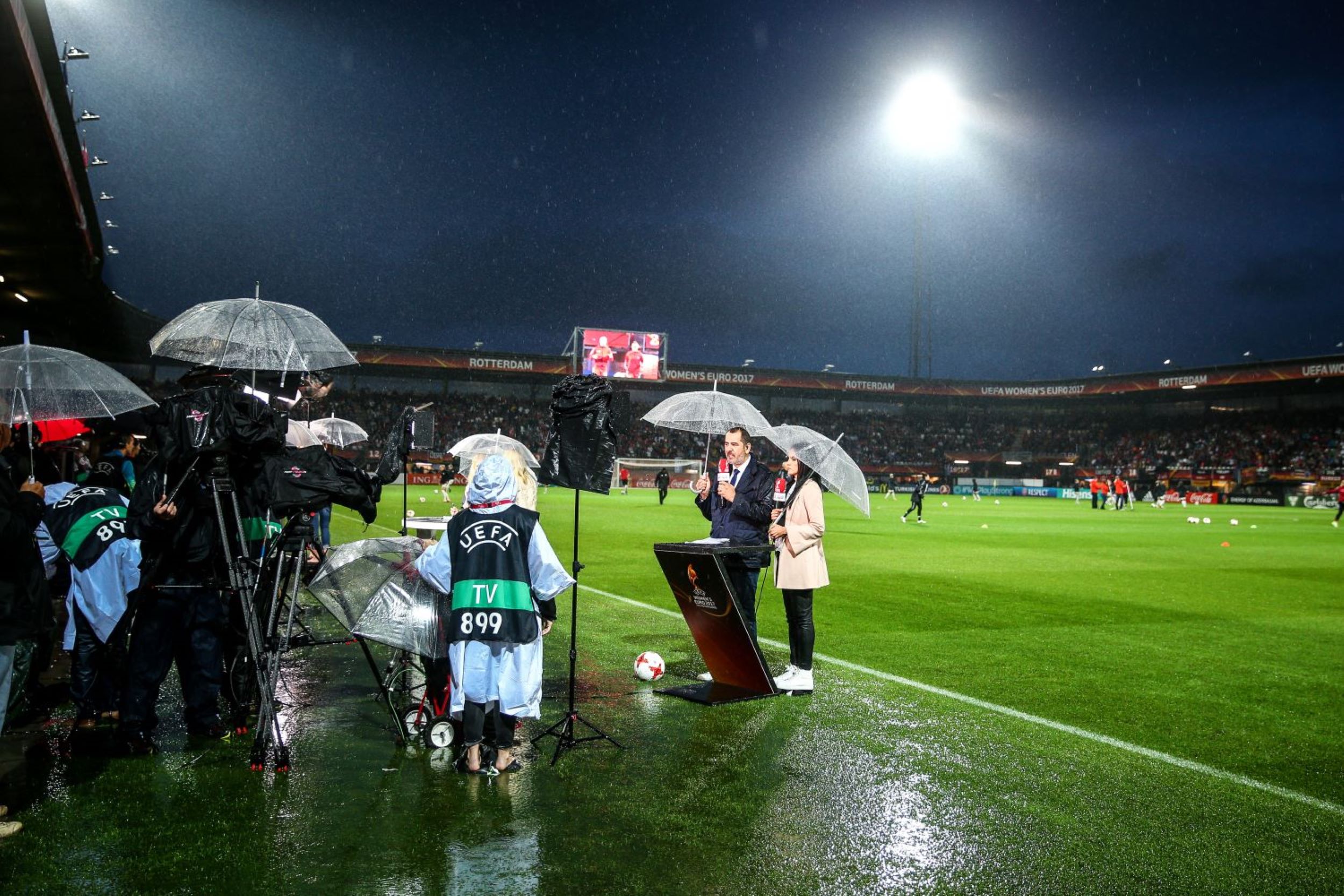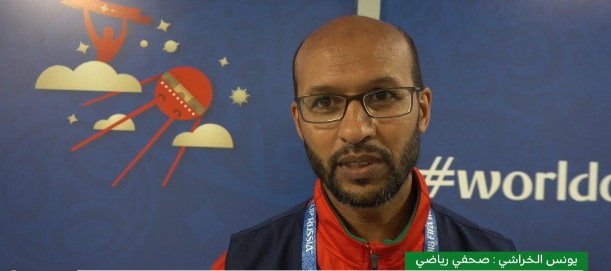In the third of our special series on sports journalism, we focus on the best ways to find and report sports news - from nurturing your sources to writing news stories
The most important thing a sports journalist does is find and report news stories. You can’t do that without a solid network of sources.
Sources are as important for sports journalists as they are in any other field of journalism. Sources can range from athletes, coaches and agents to anyone else active in the sports industry such as lawyers and analysts. These are all sources from whom sports journalists can source ideas for stories, background information and even gossip.
Read more
Part 1: Sports journalism is no 'easy life'
Part 2: How to get started in sports journalism
AJMI Sports Journalism Guidebook
Get to know the people managing and working at Olympic or sports federations, even those involved in parliamentary affairs or local councils. Other places to get involved are fan clubs, associations, veteran associations, referees’ associations, among others.
All these are sources that help you hear news first or find out information that could potentially be the basis for a news piece.
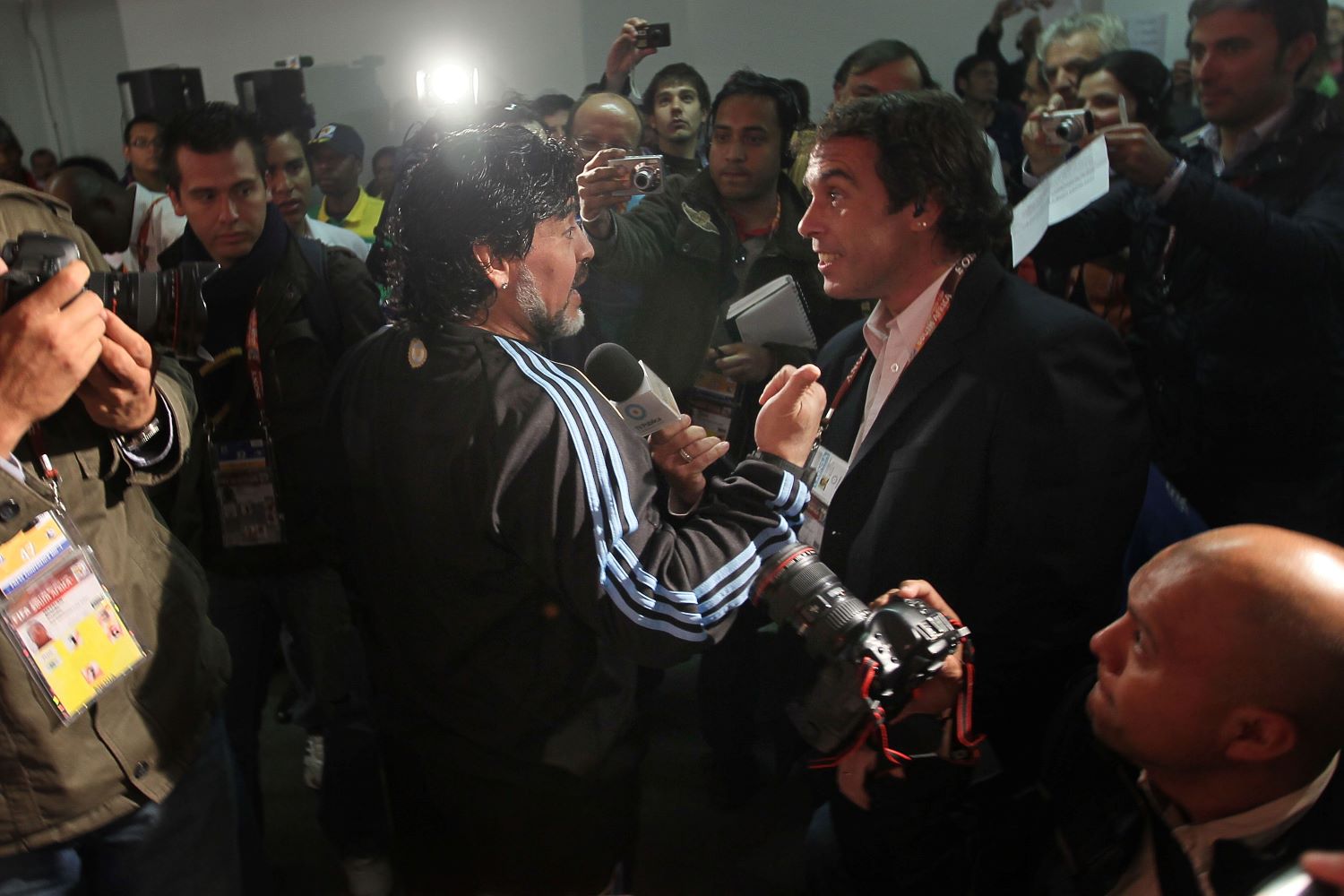
Building connections
To build strong connections with sources, meet them face to face. The first step is to attend training sessions and matches at sports clubs. Here, you will meet officials, athletes, other correspondents and VIP figures - often many times over and in a relaxed atmosphere, since more formal occasions necessitate protocols that do not always allow for a smooth interview. By taking this approach, you will form useful connections.
Don’t forget social media, especially the official pages of sports leagues and associations, Olympic associations, athletes and others. These can often provide information that will form the basis of good stories.
Ways to build a network of sources:
1. Attend training sessions and matches at the sports clubs you cover to meet and follow up with your contacts in the stadiums.
2. Find out where teams will be based during major tournaments. For example, Qatar University is hosting the Argentina team during the 2022 World Cup in Qatar. Being present there will provide you with multiple sources as well as opportunities for interviews and news stories.
3. Respect the privacy of your sources. Don’t publish information they don’t want you to publish unless you want to run the risk of losing them as a source.
4. Being professional and abiding by the ethics of journalism will earn you trust from your sources. If they believe you are reliable and trustworthy, they will give you exclusive information when the time comes.
5. Make use of general sources. These include agencies, players’ websites, clubs and associations, as well as official accounts on social media, and other agency pages and fans’ associations,
6. Keep up with other media outlets - especially your main rivals. This is very important to ensure you are following all lines of inquiry.
7. Make use of raw information from open sources. There are networks specialising in data journalism relating to different sports, which will provide you with a large number of major numbers and statistics.
Work closely with photographers
Accompanying sports photographers is one of the easiest and most efficient ways to come up with new story ideas. Because of the nature of their work, sports photographers get close to the action and have the ability to capture details that an editorial journalist may not be able to spot. Sports photographers are also close enough to catch the sounds coming from the cameramen, thus they can provide you with many stories.
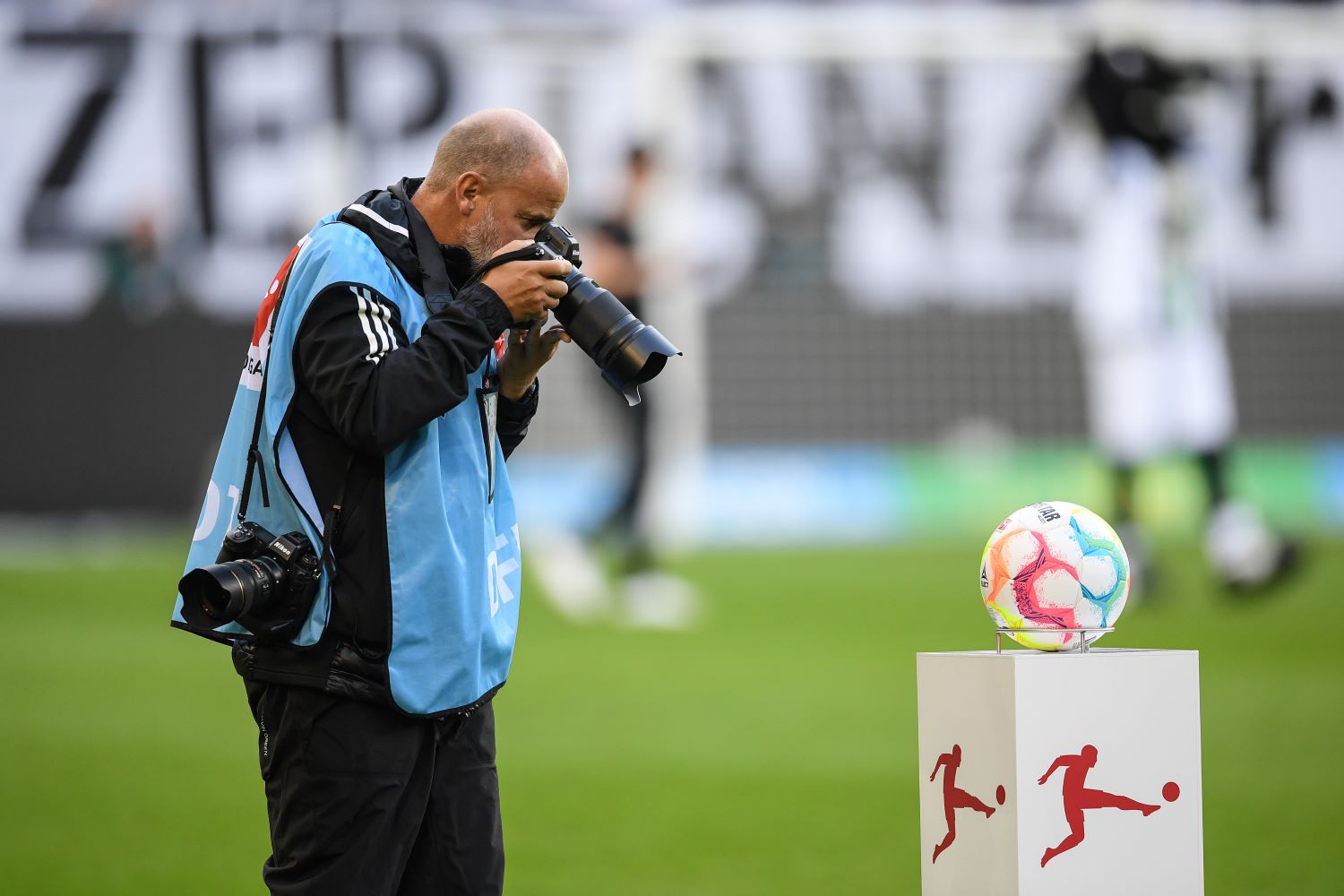
5 tips for working alongside photographers
- Stay in direct communication: This will ensure you work quickly and efficiently and get the news as it happens. Use messaging apps such as WhatsApp, Messenger or others.
- Stay alert: The presence of photographers on the front line of action means they get the details you won’t catch on the sidelines. For example, a photographer may hear what an athlete says when storming out angrily after the coach’s decision to replace them, in addition to many other important details.
- Get story ideas from images: Scrutinising photos can reveal important details unnoticed by other reporters. When the semi-final between Cameroon and Egypt took place at the Africa Cup of Nations in Cameroon went to penalties, a photograph taken revealed the water bottle of Egypt’s goalkeeper Mohammed Abo Gabal plastered with white stickers. When the journalists scrutinised the photos, they found that the stickers displayed details about each Cameroonian player’s likely shooting tactics. It made for a great story.
- Prepare a list of specific footage demands: Ask the photographer to head to specific places, or to take a picture from a certain angle to serve the narrative of your planned story.
- Find new sources: Having a photographer on the field, close to the athletes and managers means they have the ability to directly communicate with them. This may enable you to hold exclusive interviews outside the stadium and secure a network of connections that serves you in any future stories.
Writing sports articles
Producing a great sports article requires sharp observation, sensitivity and excellent narrative skills. One French journalist who was passionate about athletics closely studied the career of the Moroccan World and Olympic champion middle-distance runner, Hicham El Guerrouj, in the run up to his retirement in 2006. The journalist knew one year in advance that the champion was coming up to retirement and would not be back on the running track, but he needed to write the story in a creative way, without giving away that he received the information from someone close to El Guerrouj, or perhaps even from El Guerrouj himself.
He began his piece, therefore, by noting that El Guerrouj’s cheeks were no longer as hollow as they had once been. This suggested he had stopped training, or training extensively, and that he had put on weight. Thus he was able to write a piece saying that El Guerrouj would soon be retiring from running. The journalist used sharp observation skills to tell this story, based on his own knowledge of the athletics field.
You also need a great headline. On November 26, 2020, The Sun, a British newspaper, chose an interesting headline to report the death of football legend Diego Maradona - “Under Hand of God”. This was a clear reference to the moment when Maradona scored the famous goal against English goalkeeper Peter Shelton during the semi-finals of the FIFA World Cup Mexico in 1986. When Maradona was asked if he scored with his hand, he answered: “It was the hand of God.”
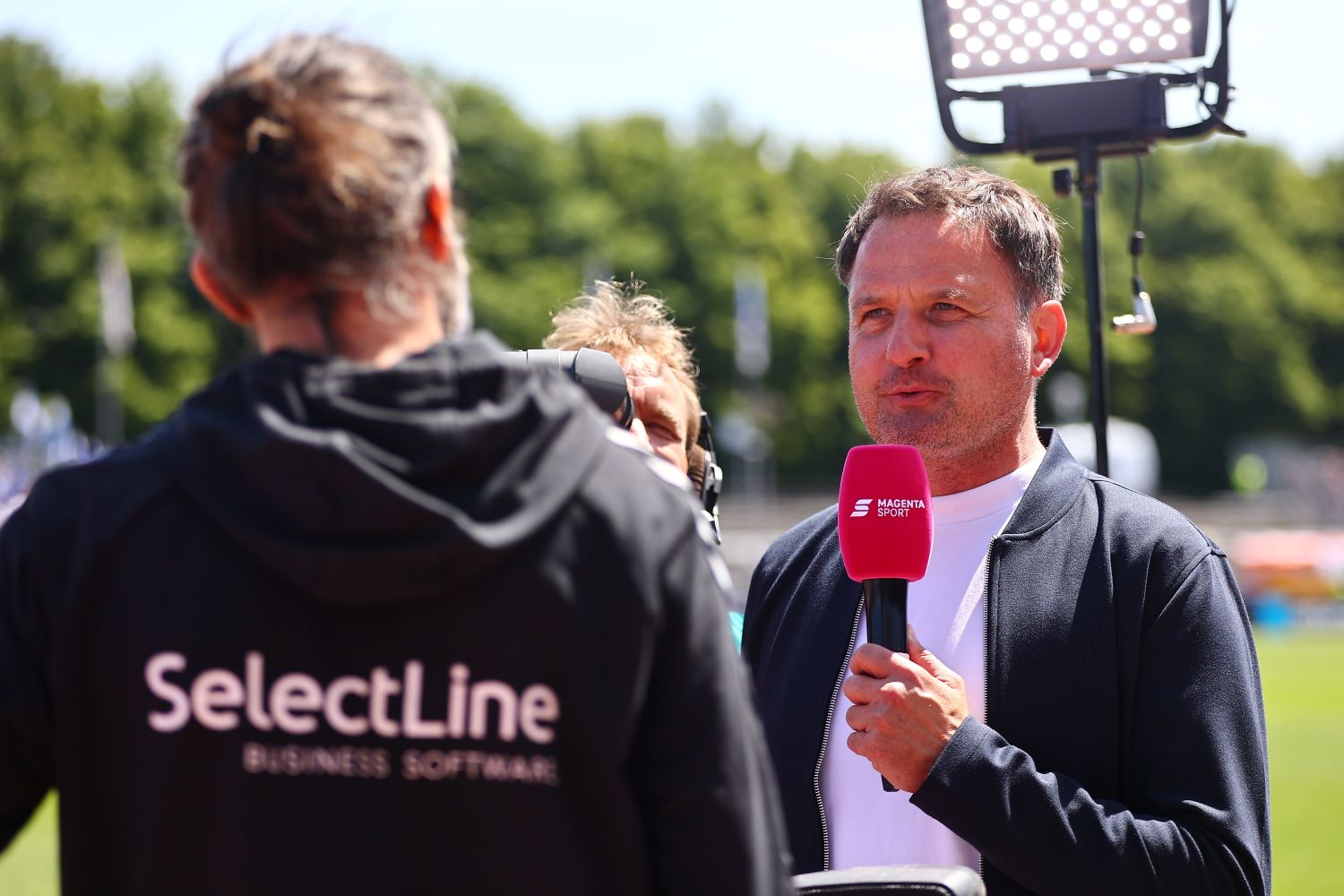
Practical steps to writing a good sports story:
1. Build a wide background knowledge. An in-depth knowledge of any sporting event or issue will enable you to come up with new approaches and angles for your story.
2. Use critical thinking. This will help you to process and come up with different angles, particularly ones that will really resonate with your audience.
3. Record all details. When working in the field, introduce yourself to as many people as possible, follow the fans, listen to their chants, ask them about their journey to the match and their personal experiences (do not just ask them about what they think the results of the match will be).
4. Choose a good peg. Your introduction must grab the attention of the reader and make them want to read more, while preserving the inherent news value of the story itself.
5. Be innovative with your headline. Instead try something more original. After the US and England teams tied in the FIFA World Cup 2010, The New York Post’s first page headline was “USA Wins 1-1, Greatest tie against the British since Bunker Hill” (in reference to the battle during the American revolution against the British in 1775).
6. Avoid tired cliches. Don’t just trot out old phrases that readers are bored of. Try to create new phrases to describe the event which capture its atmosphere.
7. A good story is one that focuses on critical details, not general information.
TOP TIPS - 7 things to master as a sports journalist
- Develop your language skills: This can be achieved through constant reading and practising narration tools.
- Practise different styles: Follow the work of other journalists - not only in the field of sports - and understand their writing styles. Adapt them to your own journalistic pieces. To develop your narrative skills, read both fiction and non-fiction and adapt these styles in your sports stories.
- Understand the social issues: A professional sports journalist should have a broad background knowledge of the historical and sociological dimensions linked to each sport as well as its interaction with society, and much more.
- Develop your critical thinking: Dig through the details of sports events, read up on a sport’s history and understand its tiniest details. This will help you ask unique questions which will distinguish you from other journalists.
- Diversify your content: Try out different forms of journalism. Diversifying through scripts, videos and podcasts and others will help you determine the most accommodating type and which is most likely to reach your particular audience.
- Gather resources: This is best achieved by building a network of active parties in the sports field. Attend training and competition fields, build professional relationships with athletes and coaches, and engage with sports fans and sports journalism communities.
- Be critical of your own work: A professional journalist constantly asks questions of themselves. After you finish a story, try to evaluate it objectively. Look for the weak points to avoid in the future as well as the positive elements to build on.
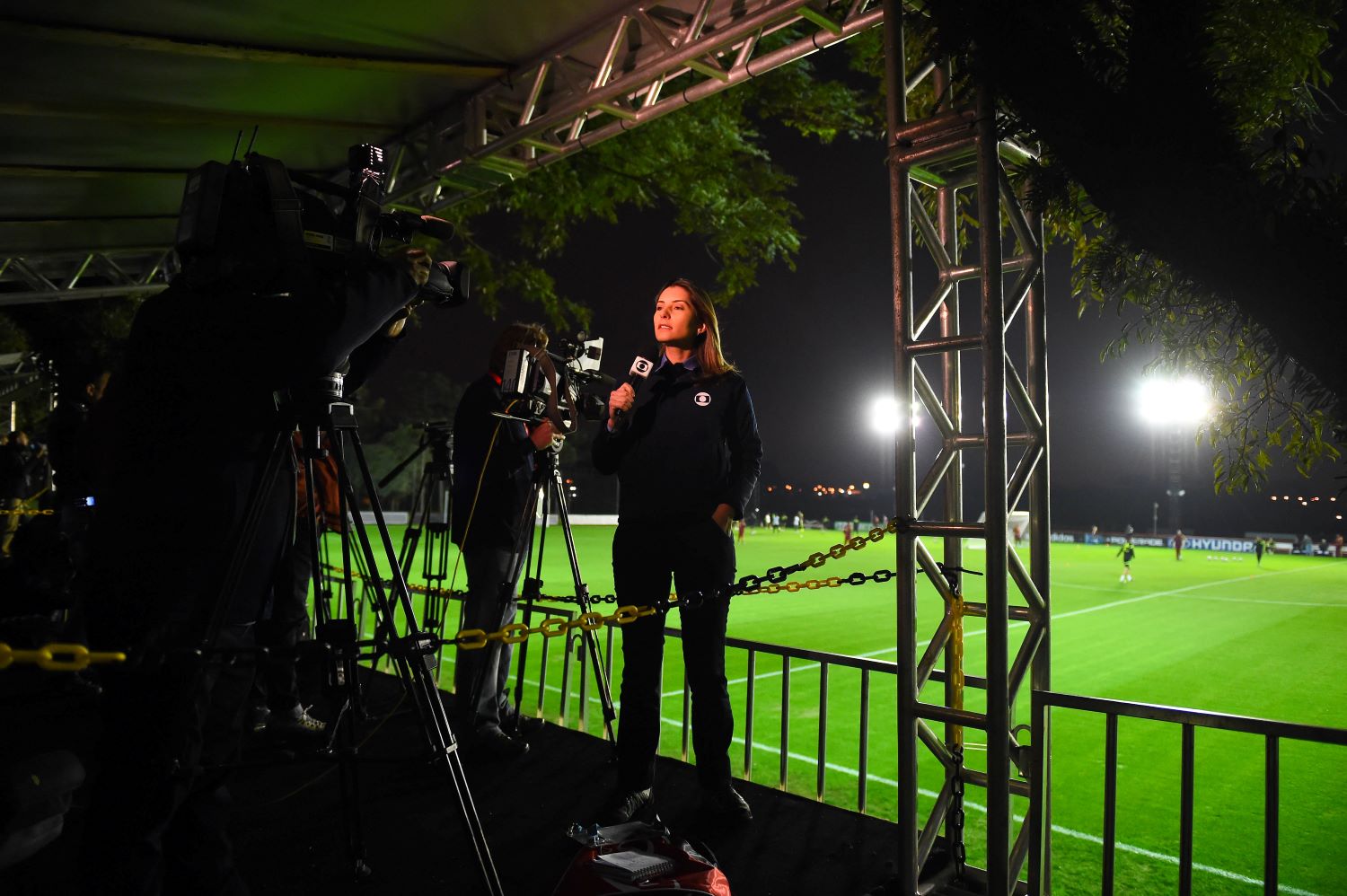
Sourcing information on the internet
You can also find a wealth of information from various sites on the internet, including the following:
Football
Soccerstats.com: publishes numbers and statistics which are constantly updated, on most football matches around the world, as well as in-depth statistics relating to most angles of concern for any expert sports journalist.
Whoscored.com: publishes in-depth statistics about players’ performance including evaluations of performances after each match.
understat.com: publishes in-depth statistics on matches in the major five leagues (English League, Spanish, Italia, German, French) which will help journalists write their analysis reports of matches.
fbref.com: is for those interested in the accomplishments of footballers, in numbers. For example, how many goals has Lionel Messi scored throughout his career? Who scored the highest number of goals in the 2010-2011 season, Messi or Ronaldo?
transfermarkt.co.uk: specialises in following player transfers between football clubs around the world. It covers most of the world’s league championships, including Arab leagues.
Tennis
Basketball
Athletics
Other sports
statsperform.com: covers more than half a million matches annually of different sports, analysing numbers and statistics.
gracenote.com: provides statistics of different types of sports.
sports-reference.com: this website presents a free database of various sports, in addition to following players’ performance in many different sports.
